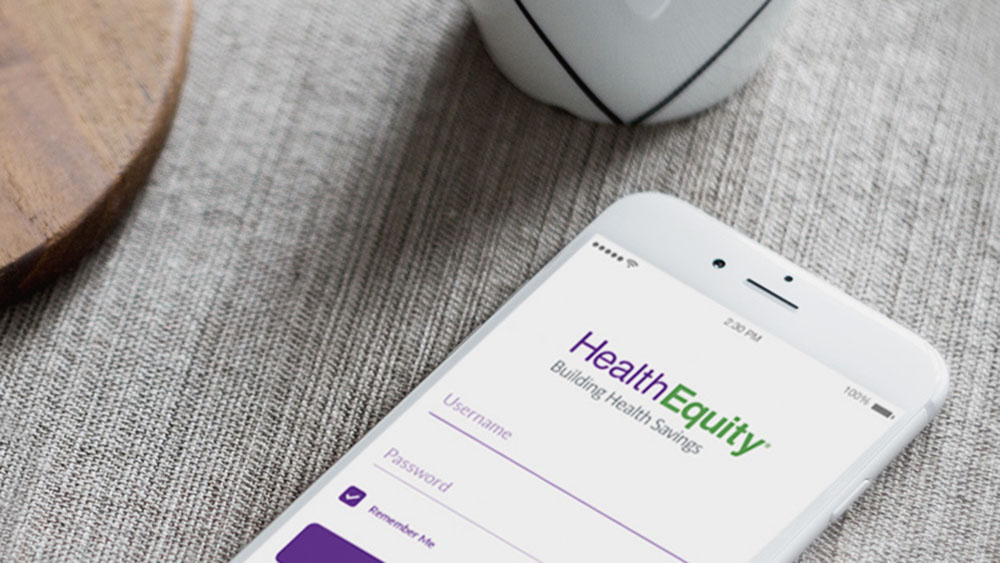Health equity is a fundamental goal in public health, aiming to ensure that everyone has an equal opportunity to achieve optimal health outcomes. Unfortunately, various barriers such as socio-economic status, race, ethnicity, and geography can hinder access to quality healthcare services. Health Savings Accounts (HSAs) have emerged as a potential solution to address health inequities, offering individuals greater control over their healthcare decisions and finances. This article explores the concept of health equity and examines how Health Savings Accounts can play a significant role in promoting equitable access to healthcare.
Understanding Health Equity
Health equity is the concept of providing equal opportunities and resources to individuals and communities to attain their highest level of health possible. Achieving health equity means overcoming the social determinants of health, which encompass various factors like income, education, employment, and environment. These determinants significantly influence a person’s health status and their ability to access healthcare services.
In many societies, disparities in health outcomes persist, with certain populations facing higher rates of chronic diseases, limited access to preventive care, and increased mortality. These disparities are often rooted in historical and systemic injustices, making it crucial to address them through policy and structural changes.
Challenges to Health Equity
Numerous challenges contribute to health inequities. Low-income individuals may struggle to afford healthcare services and medications, leading to delayed or inadequate care. People living in rural areas may face limited access to healthcare facilities, resulting in longer travel times and reduced availability of specialists. Additionally, minority groups may encounter discrimination and bias in healthcare settings, impacting their overall health outcomes.
To achieve health equity, it is vital to implement strategies that address these challenges and level the playing field for all individuals seeking medical care.
Health Savings Accounts (HSAs)
A Health Savings Account (HSA) is a tax-advantaged savings account designed to help individuals save money for qualified medical expenses. To be eligible for an HSA, a person must have a high-deductible health insurance plan. The funds deposited into an HSA are tax-deductible, and any interest or investment earnings grow tax-free. Moreover, withdrawals from the HSA for qualified medical expenses are also tax-free.
Promoting Health Equity through HSAs
- Financial Empowerment: HSAs empower individuals to take control of their healthcare finances. With an HSA, people can set aside pre-tax money to cover medical expenses, thus reducing the financial burden of healthcare costs. This financial flexibility can be especially beneficial for low-income individuals who might otherwise forgo essential medical treatments due to cost concerns.
- Preventive Care and Wellness: Health Savings Accounts encourage individuals to invest in preventive care and wellness programs. When people have financial resources at their disposal, they are more likely to prioritize regular health check-ups and screenings, reducing the risk of severe health conditions and associated costs.
- Access to Underserved Areas: HSAs can contribute to increasing access to healthcare in underserved rural or urban areas. By incentivizing healthcare providers to accept high-deductible insurance plans linked to HSAs, patients in these regions can gain access to a broader network of medical professionals and facilities.
- Customized Healthcare Choices: HSAs enable individuals to make more informed decisions about their healthcare. When individuals are responsible for managing their medical funds, they become more discerning consumers, seeking cost-effective and high-quality healthcare options.
- Reducing Health Disparities: HSAs can play a role in reducing health disparities by providing an equal opportunity for individuals from diverse backgrounds to access healthcare services. By offering tax advantages, HSAs help to alleviate the financial burden on marginalized populations and increase their ability to afford necessary medical care.
- Portability and Continuity of Care: HSAs are portable, meaning they can move with individuals regardless of changes in employment or insurance coverage. This portability ensures continuity of care, which is especially crucial for vulnerable populations who might experience frequent transitions.
Challenges and Limitations of HSAs in Promoting Health Equity
While Health Savings Accounts offer numerous benefits in promoting health equity, some challenges and limitations must be acknowledged:
- Accessibility: To open an HSA, individuals need to have a high-deductible health insurance plan. Unfortunately, such plans might not be affordable for everyone, particularly those with low incomes.
- Information Disparities: Access to information about HSAs and how to use them effectively may not be equally distributed across all populations. Efforts should be made to educate individuals from underserved communities about the benefits and potential savings associated with HSAs.
- Financial Contributions: While tax advantages provide incentives for saving, not everyone can afford to contribute to an HSA regularly. For some individuals living paycheck to paycheck, contributing to an HSA might be challenging, limiting the full potential of the account.
- Administrative Complexity: Understanding the intricacies of HSAs and navigating through various healthcare options can be complex for individuals with limited access to financial literacy resources.
Conclusion
Health equity remains a pressing challenge, but initiatives like Health Savings Accounts offer promising opportunities to bridge the gap in healthcare access. By providing financial empowerment, encouraging preventive care, and addressing barriers to healthcare, HSAs can play a significant role in promoting health equity for all individuals. Policymakers and healthcare stakeholders must continue to explore innovative approaches like HSAs to build a more equitable and inclusive healthcare system, ensuring that no one is left behind in the pursuit of good health.

